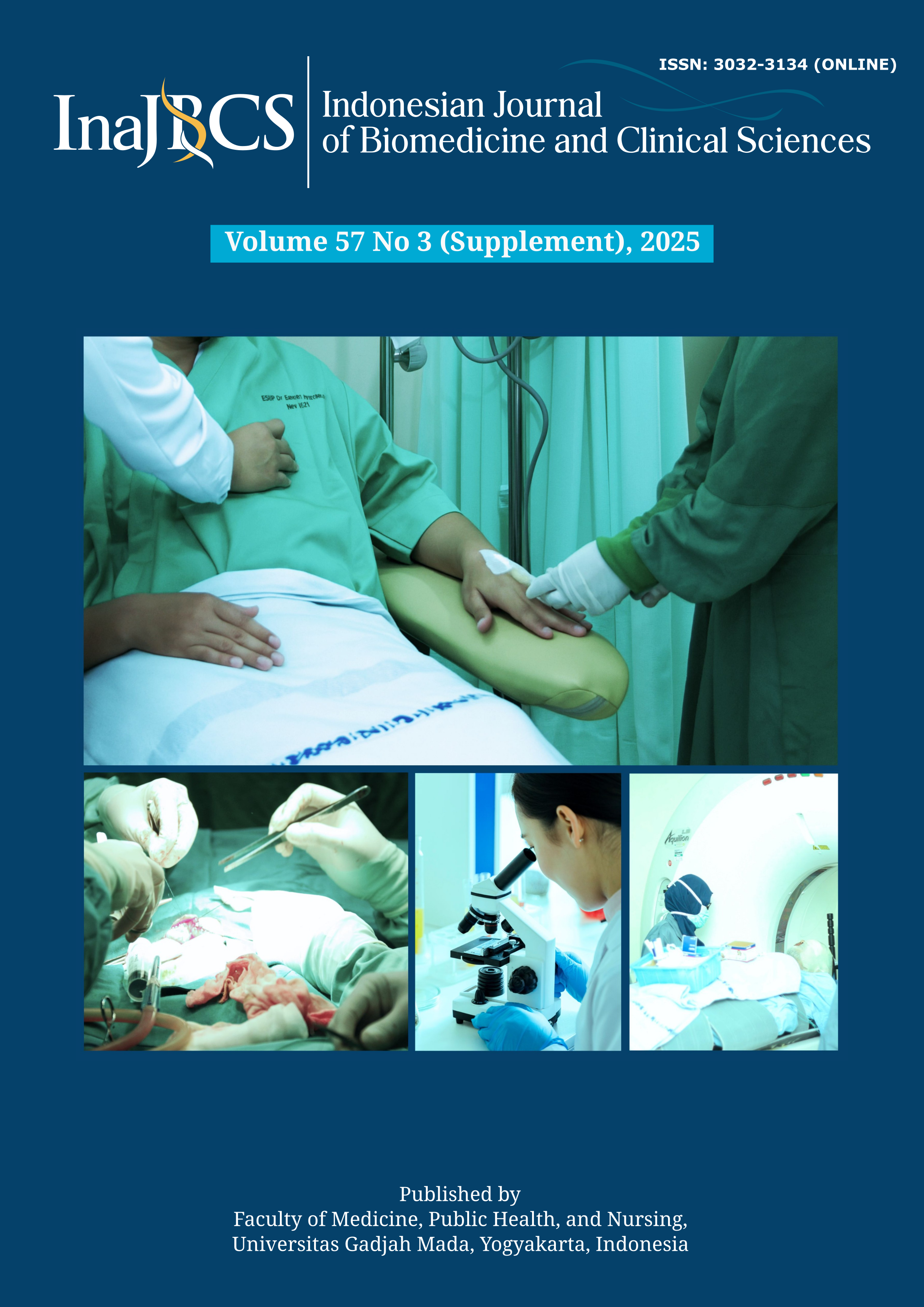Optimizing rasburicase-based therapy compared to allopurinol alone in the prevention and management of tumor lysis syndrome: a systematic review
Abstract
Tumor Lysis Syndrome (TLS) is a life-threatening oncologic emergency characterized by hyperuricemia and fatal metabolic abnormalities. Allopurinol has long been the standard therapy, whereas rasburicase has emerged as an alternative treatment that is claimed to lower uric acid levels more rapidly and effectively. This systematic review aimed to compare the clinical outcomes, safety, and cost-effectiveness of rasburicase-based regimens versus allopurinol monotherapy in patients with TLS. The review was conducted in accordance with PRISMA 2020 guidelines by searching PubMed and ScienceDirect databases, including studies published between 2000 and 2025 that compared rasburicase (alone or in combination with allopurinol) in TLS patients. A total of 789 studies were identified at the start of the literature search. After screening titles, abstracts, and full texts, 5 studies met the inclusion criteria (2 randomized controlled trials, 1 non-randomized open-label trial, and 2 retrospective cohort studies). Rasburicase demonstrated a significant reduction in uric acid levels within 4 hours, whereas allopurinol required more than 24 hours. Compared with allopurinol, rasburicase was associated with a lower incidence of elevated creatinine, reduced need for dialysis, decreased rates of both laboratory TLS (LTLS) and clinical TLS (CTLS), and shorter ICU stays. Regarding safety, rasburicase was generally well tolerated, with the most frequent adverse events being mild hypersensitivity reactions (grade I–II). Hemolysis was reported but with very rare incidence. From an economic perspective, although rasburicase is more expensive upfront, its superior clinical outcomes lead to shorter ICU and hospital stays, thereby reducing overall treatment costs. Rasburicase demonstrated better effectiveness, safety, and cost-effectiveness compared to allopurinol in the management of TLS. Large-scale randomized controlled trials are still needed to strengthen this evidence.






